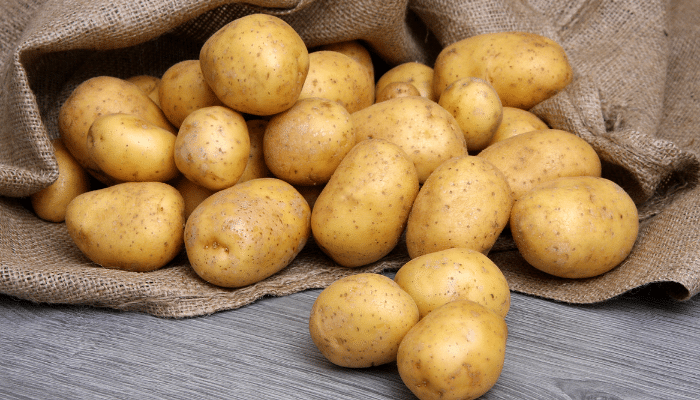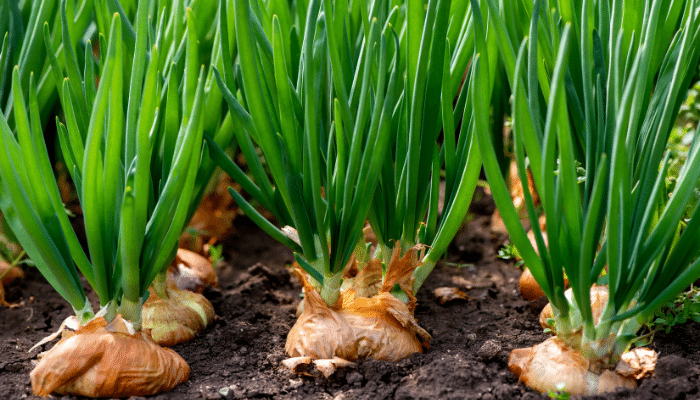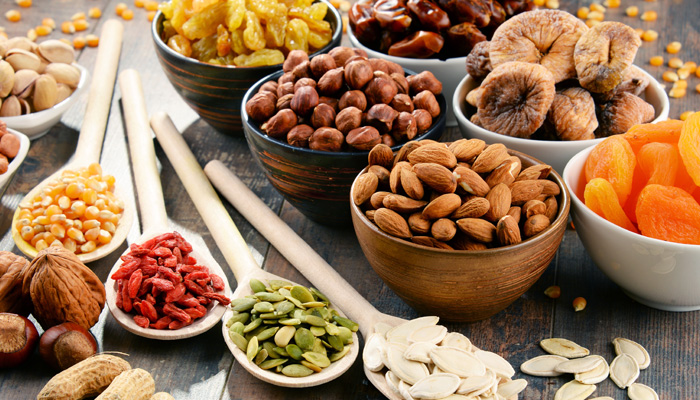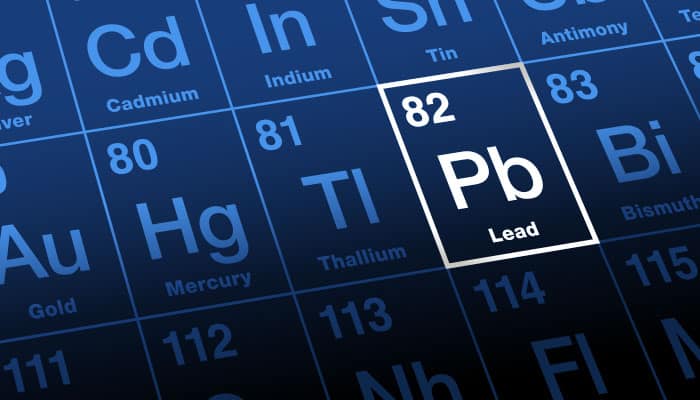
Article réservé aux abonnés


EFSA has just published its assessment of the risks to human and animal health from glycoalkaloids in potatoes and derived products.
Glycoalkaloids are naturally present in many plants of the Solanaceae family (potatoes, eggplants, tomatoes) and contribute to their resistance to pests and pathogens.
Ingestion of glycoalkaloids can cause intoxication with acute gastrointestinal symptoms such as nausea, vomiting, diarrhoea and abdominal pain.
Experts have identified a health problem for infants and toddlers, taking into account both average and high consumers. In adults, there is a health problem for high consumers only.
The lowest dose at which adverse effects are observed was calculated at 1 mg/kg body weight per day.
To date, European regulations have not set any limits to be respected in food.
However, some European and non-EU countries have set national limits between 100 mg/kg and 200 mg/kg glycoalkaloids not to be exceeded in potatoes.
To reduce the glycoalkaloid content in food, the EFSA recommends peeling, boiling and frying vegetables.
You should know that our laboratory searches for glycoalkaloids (chaonine and solanine) in potatoes under COFRAC accreditation (Scope N°1-1904 available on the COFRAC website).
Need technical, regulatory and pricing information ? Our customer service is available from 8am to 8pm from Monday to Friday on +33 800 900 775 or service-clients@phytocontrol.com.
And to not miss anything of Phytocontrol news, join us on our LinkedIn and Facebook page!




